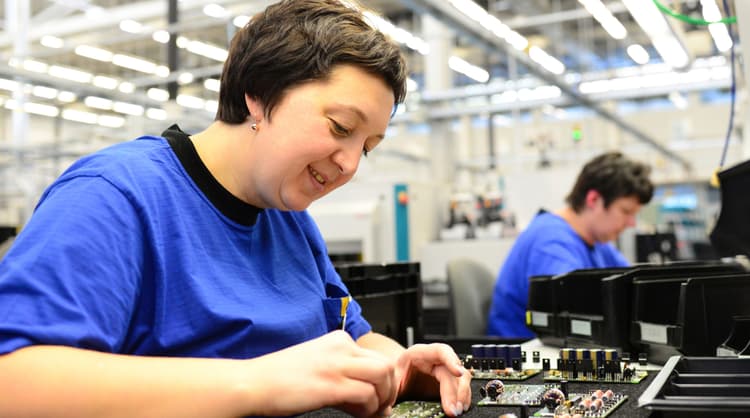Let's start embracing age diversity and look after our older workers

We have come a long way in embracing diversity in the workplace in the last few years, but one group of individuals are still struggling to have their voices heard and their needs met. Australia’s ageing population has created a new set of challenges for employers who have not adapted their organisation to the needs of older workers.
Older workers—according to a report by the Australian Human Rights Commission—are defined, for the most part, as those over the age of 61 who are nearing retirement. Many older workers have over three decades of professional experience and despite their relative physical limitations compared with younger workers, are showing no signs of slowing down.
New Australian research seems to suggest that health and wealth will determine who keeps working beyond retirement—unless jobs are readjusted for older workers. If nothing is done, the number of older people who will need to be supported by other workers could rise by an average of 40% by 2050 in countries such as Australia.
Older workers have plenty to offer employers who are looking for loyal, experienced and reliable employees. The question is, how can we unlock their potential whilst also providing them with the support they need?
Older workers are valuable in the modern workplace.

In terms of perceptions of older workers, the survey’s respondents indicated that older workers are more reliable, have greater concentration abilities and higher attendance compared to younger workers. Older professionals also tend to make great leaders and mentors for younger staff who may hope to emulate their career path.
Industries that benefit most from older workers.
Certain industries look to hire older workers where possible, particularly in customer service roles, counselling or aged care. According to Associate Professor at the University of Sydney Leanne Cutcher; “employers, including insurance companies, want older people in call centres because customers would often want to talk to someone older, [someone] with more experience," she said.
Figures published by the Federal Department of Employment show jobs with strong future growth prospects that employ people between the ages of 44 and 51 include aged and disabled carers, authors and book editors, confectionery makers and drug and alcohol and family and marriage counsellors. There were also strong prospects for managers, particularly in construction and health industries, and more generally chief executives and managing directors.
How can we look after our older workers?

Many Australian businesses have already implemented programs for their older workers. In fact, 50% of Australia Post’s workforce are over the age of 45. According to Australian Financial Review, the company introduced a policy allowing those over the age of 53 years with minimum five years’ continuous service to be able to request flexible working arrangements to transition to retirement.
Another company championing its older workers is Westpac which allows employees over 50 to join the “Prime of Life” program to help support their next move, including the transition to retirement.
Providing older workers access to training can also make them feel more comfortable in their roles and give them access to new opportunities. For older workers who aren’t ready to retire, employment represents the opportunity to bring value to their community; giving them access to a network of friends and something to do with their intellectual and physical abilities.
It has been proven that our fluid intelligence declines after the age of 30, but our knowledge and expertise continue increasing beyond the age of 80. Evidence also suggests that even during late adulthood traits like drive and curiosity are catalysts for new skill acquisition. So when it comes to learning new skills, there is no age limit—and the more engaged people are as they become older, the more they will contribute to the labour market.


)
)

